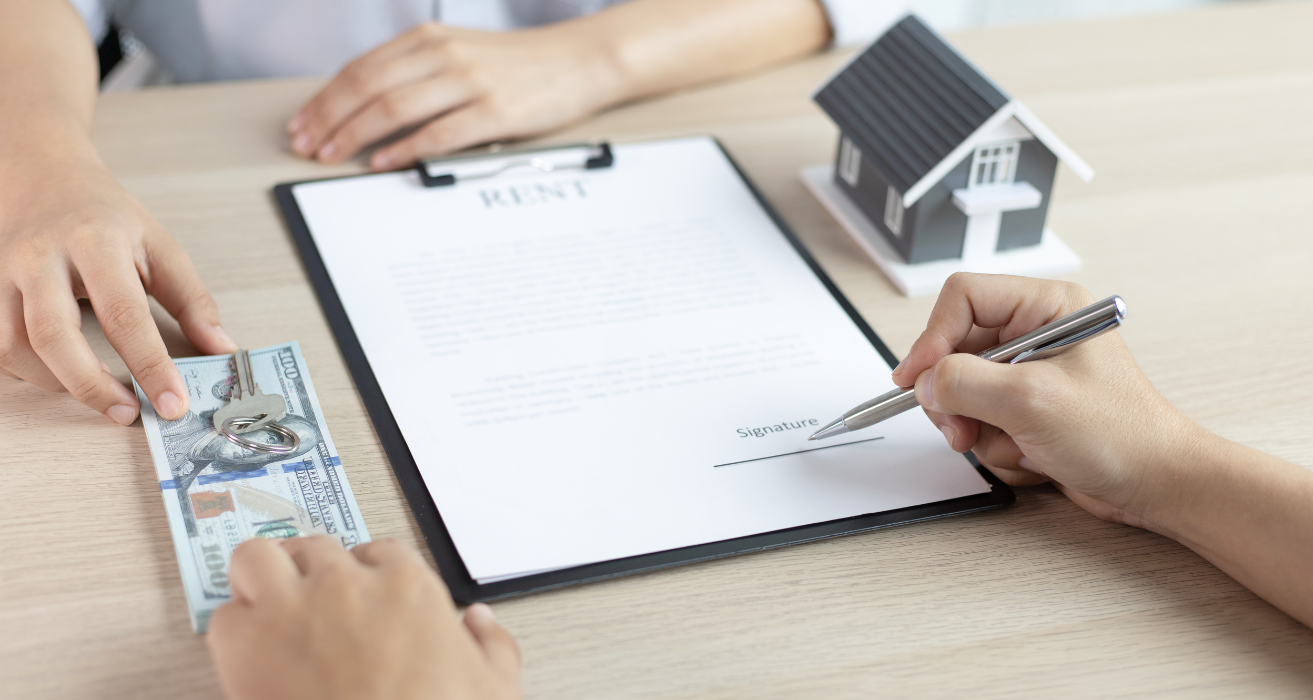Pre-foreclosure Explained: What It Means for Homeowners?
.avif)
Feeling the pressure of missed mortgage payments? You’re not alone. Life can throw financial curveballs, unexpected medical bills, job loss, or even natural disasters. If you’re behind on your mortgage, "preforeclosure" might sound scary, but it’s not the end of the road.
Good news: You still have time and options. Let’s dive into what preforeclosure means, how it impacts you, and most importantly, how you can regain control.
Key Takeaways:
- Preforeclosure is the period after a mortgage default before a home is officially foreclosed.
- Homeowners have several options to avoid foreclosure, including loan modifications and selling the home.
- Acting early can preserve credit, financial stability, and homeownership options.
- Expert guidance and resources are available to help navigate preforeclosure successfully.
What Is Preforeclosure?
Preforeclosure begins when a homeowner falls behind on their mortgage payments and the lender files a "Notice of Default" (NOD) or similar document.
Key facts:
- It’s a warning phase, not an eviction.
- You still legally own your home during preforeclosure.
- You have options to stop the foreclosure process if you act quickly.
Heads up: Every day counts once a lender initiates preforeclosure actions. Early intervention can make a huge difference.
Signs You Might Be Entering Pre-foreclosure
- Missed one or more mortgage payments
- Received a Notice of Default
- Communication from your lender about delinquency
- Your credit score drops due to missed payments.
Pro Tip: Open every letter and email from your mortgage lender. Ignoring these can accelerate the process.
What Are Your Options During Preforeclosure?
Homeowners have several tools available to avoid full foreclosure:
1. Reinstatement
- Pay the overdue amount (plus fees) in a lump sum.
2. Loan Modification
- Adjust your mortgage terms (lower interest, longer term) to make payments manageable.
3. Short Sale
- Sell your home for less than the owed balance with lender approval.
4. Deed in Lieu of Foreclosure
- Voluntarily transfer ownership to the lender to avoid foreclosure.
5. Refinancing or Assistance Programs
- Some programs assist struggling homeowners in refinancing or temporarily deferring payments.
Important: Always consult a licensed mortgage professional to understand how each option affects your credit, taxes, and financial future.
How Does Preforeclosure Affect Your Credit Score?
Preforeclosure can seriously impact your credit score, often dropping it by 85 to 160 points after missed payments.
Quick facts:
- A "Notice of Default" becomes a public record, further hurting your credit.
- Faster resolution = faster recovery.
- Some alternatives, like loan modifications, have less damaging credit consequences compared to foreclosure.
Don’t worry — we’ve got you. Financial recovery is possible with the right plan.
How Long Does Preforeclosure Last?
Timelines vary by state, but typically:
- Initial delinquency notice after 90+ days of missed payment
- Notice of Default issued
- Preforeclosure window: 3-6 months before foreclosure auction.
Some states require judicial foreclosure proceedings, extending timelines.
Pro Tip: Use this window wisely to explore your options and act.
Where to Find Help and Resources?
- Be My Neighbor Mortgage: Trusted mortgage solutions provider, NMLS #1743790.
- Realpha: Innovative, commission-free home buying platform.
- HUD-Approved Housing Counselors (hud.gov): Free or low-cost guidance.
- State-specific homeowner assistance programs.
Actionable Insight: Always verify that anyone offering foreclosure relief services is properly licensed and reputable.
Conclusion: Take Charge of Your Future
Preforeclosure doesn’t have to mean losing your home. It’s a warning and, more importantly, an opportunity.
Be My Neighbor Mortgage, NMLS #1743790, offers lending solutions with experienced, licensed professionals helping you navigate financing options wisely and fairly.
Don’t wait. The earlier you act, the more options you’ll have.
FAQs
What is the difference between preforeclosure and foreclosure?
Preforeclosure is the warning phase after missed payments, where you can still save your home. Foreclosure is the legal process where the lender takes back the home.
Can I sell my house during preforeclosure?
Yes, you can sell your house during preforeclosure. This can help you avoid foreclosure and protect your credit score.
How many missed payments before preforeclosure starts?
Typically, preforeclosure begins after 90 days (or three missed payments), but timelines can vary by lender and state.
Does preforeclosure mean I have to move out immediately?
No. You still own the home during preforeclosure and do not have to vacate unless the foreclosure process is completed.
Compliance Disclosures:
- Be My Neighbor Mortgage, LLC — NMLS #1743790.
- This information is for educational purposes only and does not constitute legal or financial advice.
- Mortgage availability, terms, and programs are subject to change based on underwriting, lender policies, and state/federal guidelines.
- All mortgage applicants are subject to credit approval.
- Rates and program availability are subject to change without notice. Consult licensed mortgage professionals for full program disclosures.





.png)
.png)
.png)
.png)
.png)
.png)








.jpg)
.jpg)
.jpg)
.jpg)
.jpg)
.jpg)
.jpg)
.jpg)
.jpg)
.png)








.png)
.jpg)
.jpg)
%20(1).jpg)
.jpg)
.jpg)

.jpg)
.jpg)




-min.png)
.avif)
-min.png)
-min.png)
.jpg)
.avif)

-min.png)

.avif)
.avif)






-min.png)
-min.png)
-min.png)

-min.png)

-min-p-1080%20(1)%20(1).jpg)
-min.png)
-min.png)
.avif)
.avif)
.avif)
.avif)
.avif)
.avif)
.avif)
.avif)
.avif)
.avif)
.avif)
.avif)
.avif)
.avif)
.avif)

.avif)
.avif)
.avif)
.avif)
.avif)
.avif)
.avif)
.avif)
.avif)



